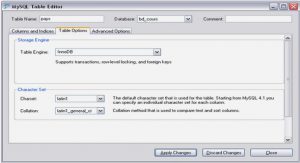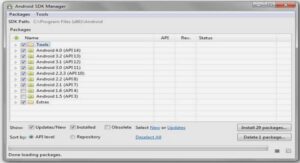The Lua State
● All state of the interpreter stored in a dynamic structure lua_State
● State explicitly created (and destroyed) by the application
● All functions receive a state as first argument
● except function to create a new state
#include « lua.h » #include « lauxlib.h » #include « lualib.h »
int main (int argc, char **argv) { lua_State *L = luaL_newstate(); luaL_openlibs(L); luaL_loadfile(L, argv[1]); lua_call(L, 0, 0); lua_close(L); return 0; }
Multiple Lua States
● A state is completely self-contained
● A program can have multiple, independent Lua states
● Allows a lightweight implementation of Lua processes
● each process is a Lua state
● multiple workers (C threads) run those processes
● communication through message passing
Lua Values
● Most APIs use some kind of “Value” type in C to represent values in the language
● PyObject (Python), jobject (JNI) ● Problem: garbage collection
● easy to create dangling references and memory leaks



